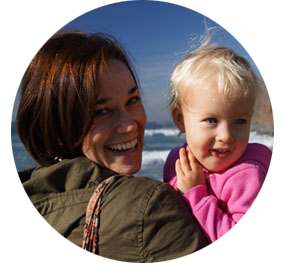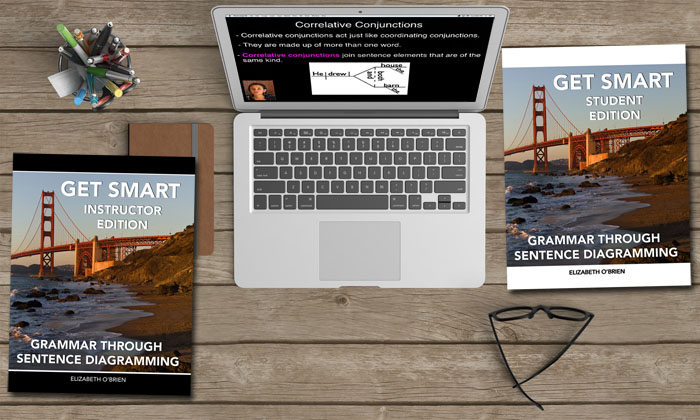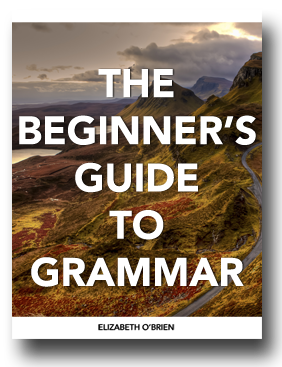Download your free grammar guide here.
Download your free grammar guide here.
What are modals?
What are modals?
Modals are a type of auxiliary verb (aka helping verb) that show a speaker's attitude about what they're expressing.
can, could, may, might, must, shall, should, will, would
Modals cannot be used as main verbs. That means that they're always used in verb phrases along with a main verb.
I could play the piano for you.
Could is being used with the main verb play.
I will follow you.
Will is being used with the main verb follow.
Form
These are not marked for tense. That means that they don't change form based on the tense of the main verb.
They will never end in -ed to show past tense or -ing to show a present participle.
There is also no third person singular form. That means that they will never end in -s.
Subject Verb Agreement
These guys don't follow subject verb agreement.
Example (incorrect)
Jonathan can rides the bus.
That sentence is all wrong, but it seems like it should be right!
The singular subject Jonathan means that our main verb rides should end in s. But, that rule does not apply here!
Example (correct)
Jonathan can ride the bus.
That's better! There should be no -s after ride.
Making Modals Negative
In order to make these negative, you need to add not or another negative between the modal and the rest of the verb.
In these examples, I've underlined the whole verb phrase. Note that the word not is not part of the verb phrase.
I should not watch this movie.
Not is making this statement negative.
You could also make it a contraction, blending the words should and not together.
I shouldn't watch this movie.
Forming Questions
When you're forming a question, put the modal verb before the subject, and the main verb after the subject.
Will you take me to the park?
Should Jeremy come with us?
Sentence Diagramming
Are you interested in sentence diagramming? You should be. It will knock your socks off.

If you'd like to teach or learn grammar the easy way—with sentence diagrams—check out our Get Smart Grammar Program.
It starts from the very beginning and teaches you grammar and sentence diagramming in easy, bite-size lessons.

Hello! I'm Elizabeth O'Brien, and my goal is to get you jazzed about grammar.
Thank you, Elizabeth. I am proud to say that I am hatching a new batch of diagramafites. They are moving from the 107-degree-fever-stare to twinkling, "I've got it!" I am happy to be using material that is not older than you are.
- Patti, Classroom Teacher
This is original content from https://www.english-grammar-revolution.com/modals.html
Our Free Guide Gives You A Fun Way
To Teach And Learn The Basics v

Elizabeth O'Brien is the creator of Grammar Revolution.
Her lessons are guaranteed to give you more confidence in your communication skills and make you smile. :)
Other Helpful Resources
- This site has some exercises if you would like to test yourself.

